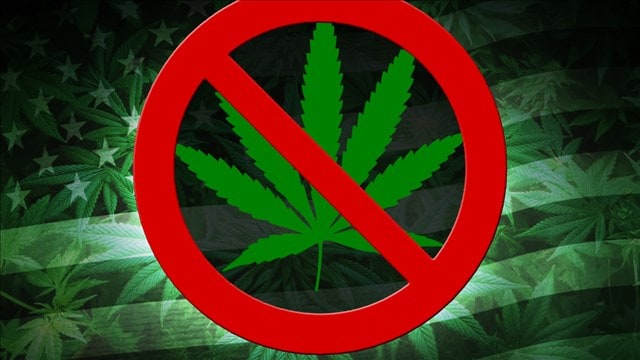Why is Marijuana Illegal in the U.S.
Marijuana's illegal classification is primarily due to historical attitudes and racial misconceptions. Initially, marijuana was widely used for medicinal purposes, recognized for its ability to alleviate various ailments without causing physical dependence. However, negative perceptions grew in the early 20th century, particularly with the influx of Mexican immigrants following the 1910 Mexican Revolution. Misinformation about marijuana's effects led to fear and prejudice, resulting in claims that it caused violent behavior and "superhuman strength" despite no evidence to support these assertions.
By 1937, the Marihuana Tax Act effectively banned marijuana nationwide, ignoring the American Medical Association's objections regarding its medical use.
DEA Classification of Illegal Cannabis
The DEA places cannabis under a Schedule I classification. This classification deems it to have no accepted medical use. Societal shifts in public opinion, along with modern research has challenged this stance.
The current legal status and regulations around marijuana are in a state of transition. As of now, marijuana remains a Schedule I drug at the federal level, which indicates it has no accepted medical use along with a high potential for abuse. Nevertheless, 38 states have legalized marijuana for medical use, recreational use, or both.
Reclassifying Illegal Marijuana
Recently, President Biden endorsed the Justice Department's move to reclassify the cannabis Schedule.
Moving marijuana from a Schedule I to a Schedule III drug would recognize marijuana's lower potential for abuse and its potential medical benefits. Schedule III drugs include substances like ketamine and anabolic steroids. The DEA considers these drugs to have a moderate potential for physical and psychological dependence.
It's important to note that reclassifying marijuana to Schedule III does not make it legal nationally; it remains a controlled substance. The change reflects a shift in how the DEA views marijuana's risk for abuse and its use in medical scenarios. The proposal is currently undergoing a public comment period before it can be approved.
In summary, while federal law still classifies marijuana as illegal, many states have moved forward with legalization for various uses, and there is a significant push towards reclassification at the federal level to facilitate medical research and potentially ease restrictions on its use.
Critical Arguments for Marijuana Legalization: Pros and Cons
For Legalization:
- Medical Benefits: Marijuana is effective in treating nausea, spasticity, appetite loss, and certain types of chronic pain.
- Safety: It is considered safer than some prescribed medications, like opioids, which have a high addiction risk.
- Versatility: Marijuana can be consumed in various forms, not just smoking, including oils, edibles, and topicals.
- Economic Advantage: Legalization allows for taxation and regulation, removing it from the illegal market.
- Social Justice: It could end the racially biased enforcement of marijuana laws.
Against Legalization:
- Health Risks: Potential risks include impaired cognitive functions and mental health issues.
- Addiction: Concerns about marijuana leading to substance abuse or acting as a 'gateway' drug.
- Social Concerns: Fears that legalization may lead to increased use among minors and affect social norms.
- Regulatory Challenges: Creating a comprehensive regulatory framework for control and distribution is difficult.
These arguments reflect a complex debate that balances potential medical benefits, social implications, and economic considerations.


